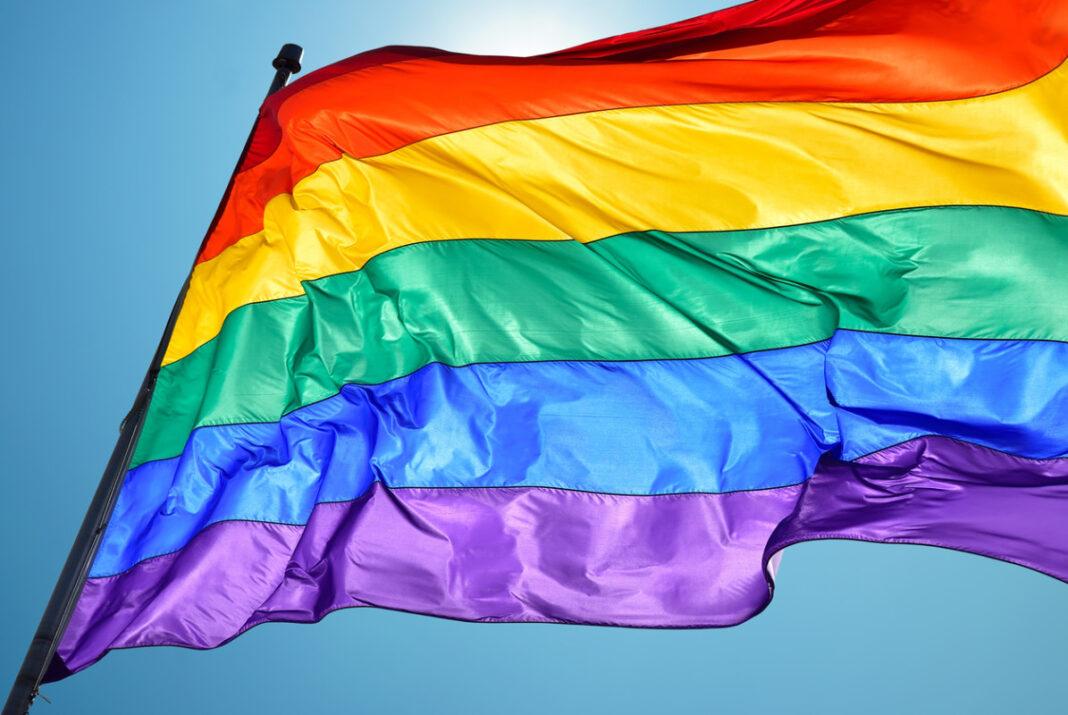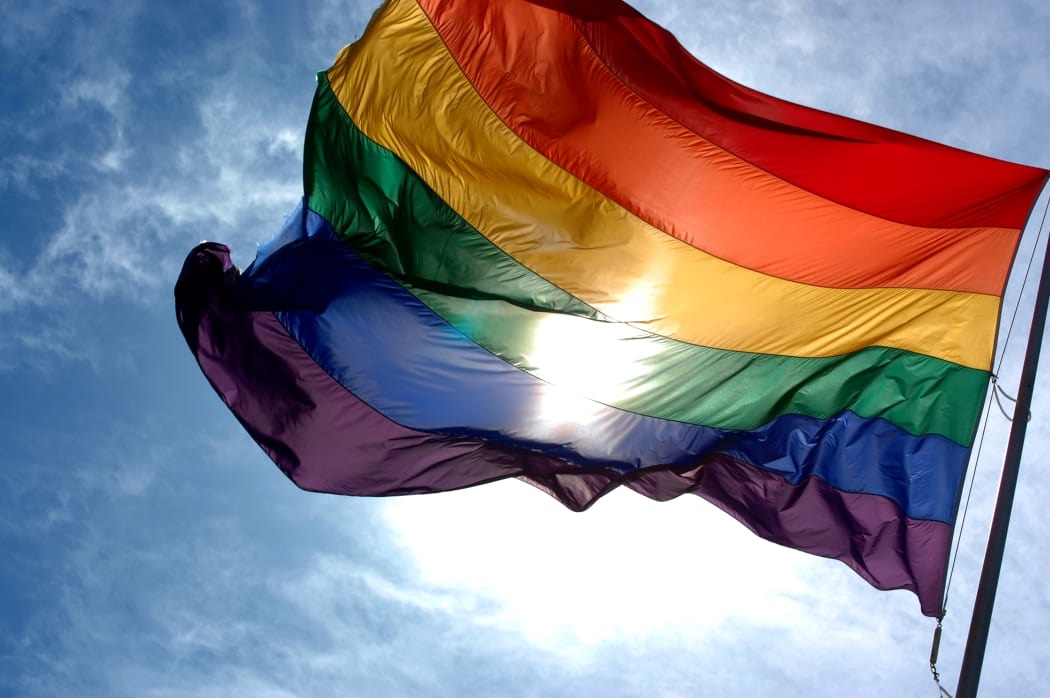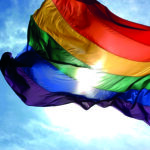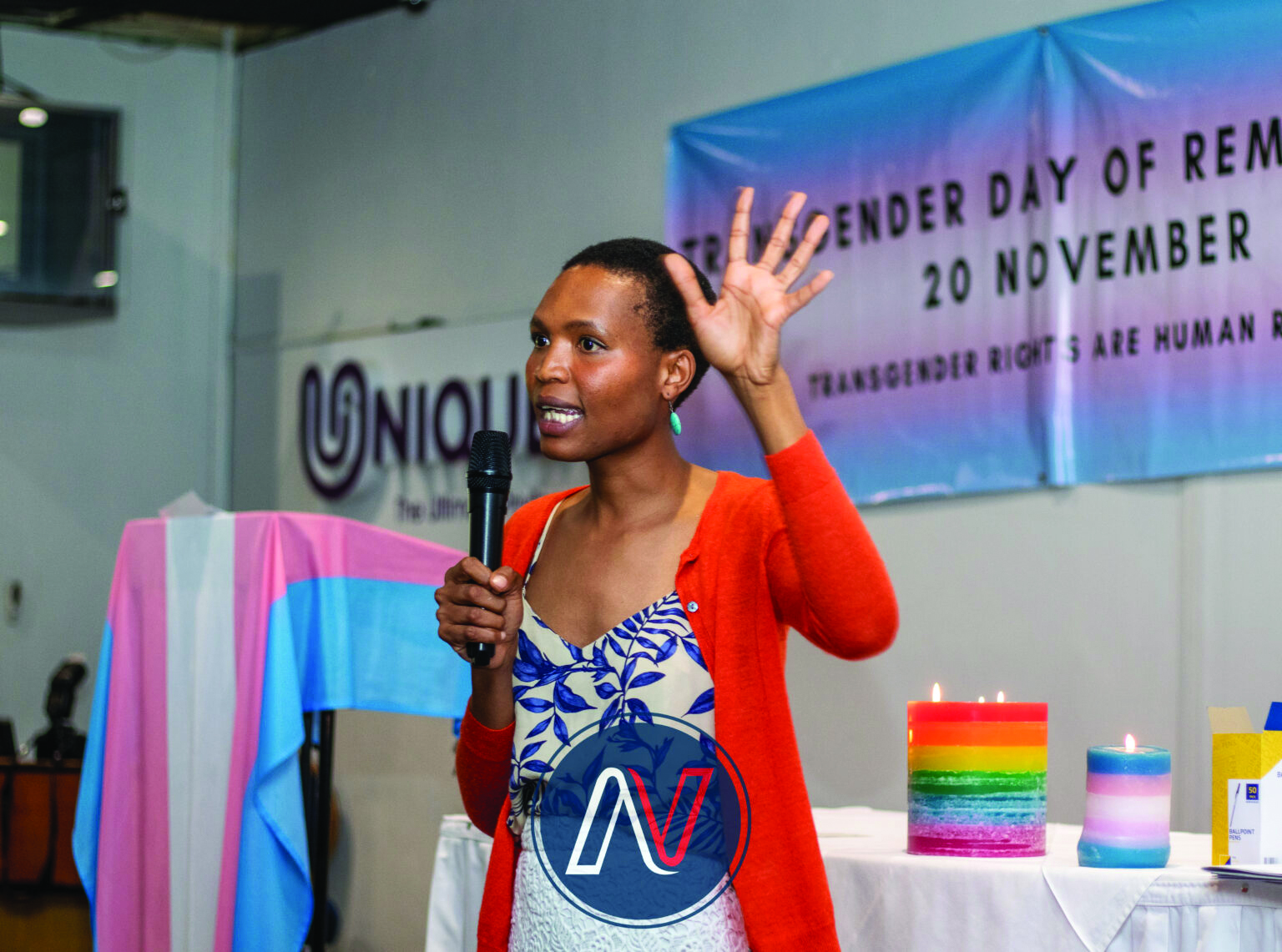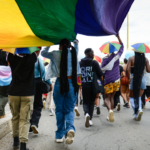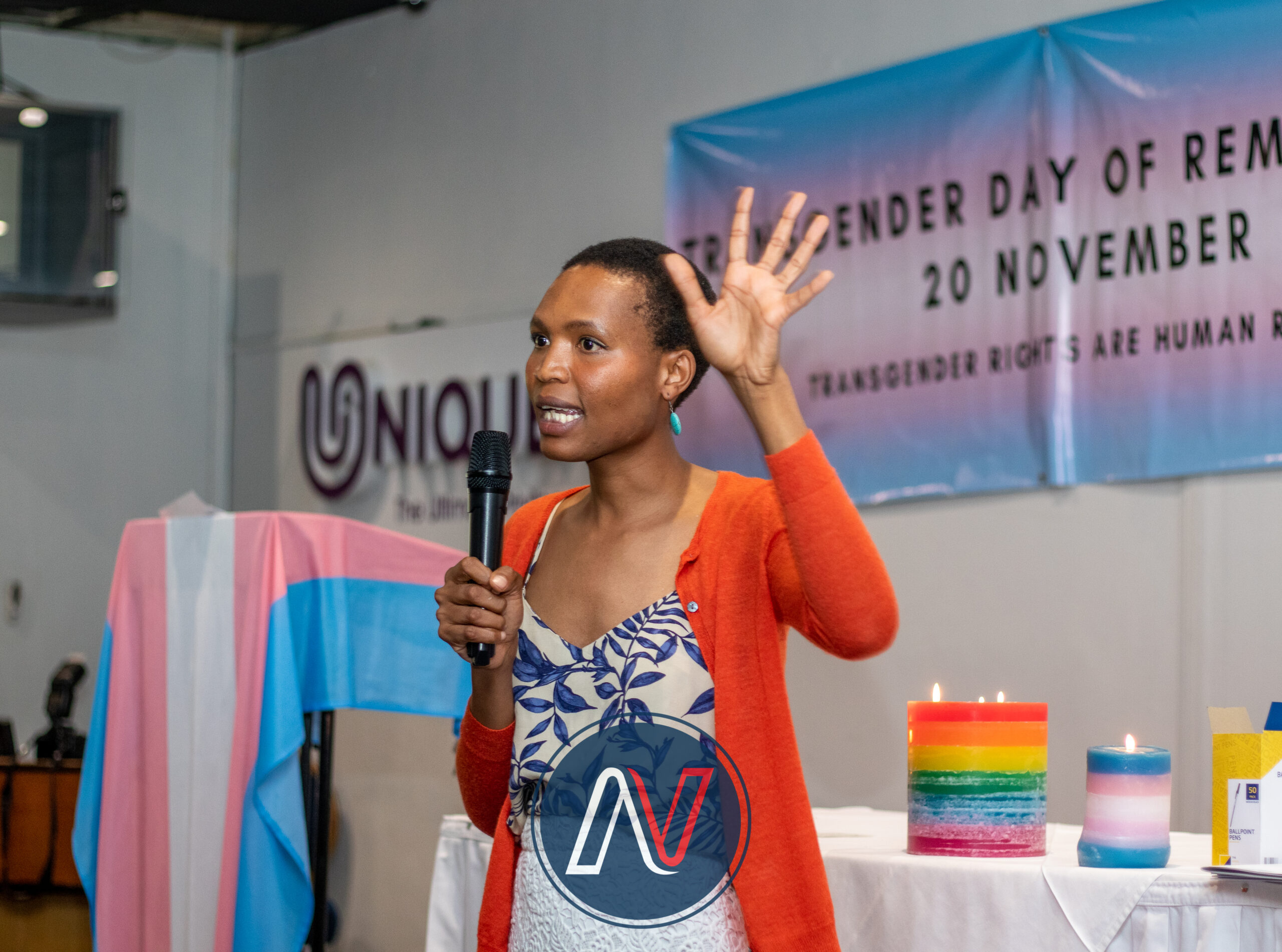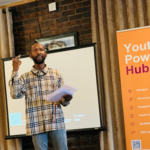By the time Tampose Mothopeng walks into a room, most people already know what he stands for.
As the founder and executive director of the People’s Matrix Association, he has spent years pushing back against silence – in homes, institutions, and Parliament – on issues affecting LGBTQI+ people in Lesotho.
Historically, discussions on national governance did not acknowledge sexual and gender minorities at all. They were either reduced to stereotypes or erased entirely.
But in the last few years, that has begun to shift.
According to Mothopeng, the People’s Matrix Association has been actively represented in multi-stakeholder national dialogues, particularly within youth and civil-society thematic groups under the constitutional and security reforms.
For the first time, LGBTQI+ lived experiences were being shared in spaces where laws and governance frameworks were being redesigned.
In these dialogues, People’s Matrix consistently insisted that issues of safety, equality, discrimination, and access to services must reflect all Basotho, not only those whose identities fit neatly into traditional expectations.
This involvement accelerated across several national platforms.
“The People’s Matrix holds a seat on the national committee responsible for the review and development of Lesotho’s Legal Aid Guidelines. This is important, as it ensures that the national justice system evolves in an inclusive direction—that it is fair and accessible,” Mothopeng said.
“By being involved in structuring legal assistance, the organisation contributes to building a system that meets the demands of all people, including those who have hitherto been marginalised on the basis of their gender identity or sexual orientation,” he added.
The organisation is also a member of the advisory committee for the Reform and Strengthening of Government in Lesotho Programme.
“The People’s Matrix stands out as a key civil society organisation entrusted to provide strategic guidance. Membership in this platform strengthens oversight over legal reforms and requires the inclusion of marginalised populations in conversations on national governance transformation,” Mothopeng explained.
He further mentioned that the organisation plays a critical role in the steering committee for the Lesotho Justice Needs Survey, a study geared toward generating evidence-based insights into the justice challenges facing the country. The People’s Matrix has contributed toward developing tools that ensure the collection of inclusive data, thereby guaranteeing that sexual and gender minorities are not rendered invisible within national data systems.
“This evidence goes a long way in informing policy that responds to the realities of all communities. The organisation is currently contributing toward the review of the national report, a process that cements its role in promoting evidence-based, human rights-driven decision-making,” he said.
In collaboration with the National Reform Office, the organisation is also identifying archaic laws that continue to disadvantage marginalised groups.
“This enables the organisation to do an inventory of retrogressive policies that perpetuate discrimination and to lead the process of aligning national laws with Lesotho’s constitution and human rights commitments,” Mothopeng said.
He indicated that the organisation was deeply involved in implementing major European Union (EU)-supported programs, particularly the RISE and Marang Projects. These projects emphasise community empowerment, management of cases related to gender-based violence (GBV), meaningful civic participation, policy review, and evidence-based advocacy.
“The project aligns with the national agenda of strengthening communities toward more effective participation in the reform process. The work provides a voice for LGBTQI+ persons, challenges impediments to access to justice, and promotes policy changes reflective of the realities of diverse people’s lives,” he said.
Step by step, what was once a marginal struggle began to take root in the heart of the national reform project.
One of the most significant milestones came with the passage of the Tenth Amendment to the Constitution Act in August 2025, which introduced Section 20A, a clause recognising individuals who experience discrimination in law, gender, or social structures.
“For many activists, the language was a subtle but meaningful acknowledgement of groups such as LGBTQI+ people, who have long experienced exclusion without constitutional visibility,” Mothopeng said this week.
However, this victory is now in jeopardy.
The Tenth Amendment is now being challenged in the High Court, with opponents arguing that Parliament mishandled procedures during its passage. While the challenge is not explicitly about LGBTQI+ protections, the case places the gains embedded in Section 20A at risk.
If the amendment is overturned, years of advocacy could unravel.
Kananelo Boloetse, an activist, and SECTION 2, a civic group formally called Advocates for the Supremacy of the Constitution, advocating for strict adherence to Lesotho’s constitution filed a lawsuit in the High Court in September 2025 against the National Assembly, arguing that the Tenth Amendment Act is unconstitutional and stillborn (invalid from inception).
Their challenge mirrors a similar one by the Law Society of Lesotho, filed the previous week. The core reasons are procedural violations that undermine democratic participation and constitutional supremacy.
Amendments to Chapter II of the Constitution, which protects fundamental human rights and freedoms, require a referendum. The challengers argue parliament failed to hold this referendum, instead, passed the bill via simple two-thirds majority without public input.
This, they argue, denies Basotho their right to participate in the conduct of public affairs under section 20, violating democratic principles.
As of November 2025, the case remains pending in the High Court.
Mothopeng also indicated that Lesotho’s international position has also shifted. Once reluctant to even mention SOGIESC (sexual orientation, gender identity and expression, and sex characteristics) issues on global platforms, the country adopted several UPR recommendations in April 2025 committing to the protection of LGBTQI+ rights.
This move surprised many, but it also strengthened domestic advocacy. It provided an accountability framework that civil society could use to argue that national reforms must align with Lesotho’s global human rights obligations.
“One important moment in that transformation is the adoption by the country of UPR recommendations during the 4th cycle in April 2025, expressing a national commitment toward the protection of the human rights of LGBTQI+ persons. These international engagements reinforce domestic reforms and provide a stronger framework for accountability,” he said.
Beyond the legal and constitutional battles, a quieter transformation is taking place across public institutions, according to Mothopeng.
“National information, education, and communication materials are increasingly using inclusive language for LGBTQI+ communities to create visibility and safety,” he said.
Census and national data tools are being reviewed to ensure LGBTQI+ people are no longer rendered invisible. Young LGBTQI+ activists are increasingly participating directly in policy development.
For Mothopeng, these changes matter because they touch people’s everyday lives, where discrimination begins and where it must be dismantled.
Summary
- “By being involved in structuring legal assistance, the organisation contributes to building a system that meets the demands of all people, including those who have hitherto been marginalised on the basis of their gender identity or sexual orientation,” he added.
- He further mentioned that the organisation plays a critical role in the steering committee for the Lesotho Justice Needs Survey, a study geared toward generating evidence-based insights into the justice challenges facing the country.
- One of the most significant milestones came with the passage of the Tenth Amendment to the Constitution Act in August 2025, which introduced Section 20A, a clause recognising individuals who experience discrimination in law, gender, or social structures.

Lesotho activist and journalist who is the Chairperson of the Media Institute of Southern Africa (MISA) Lesotho. He is an International Visitor Leadership Program (IVLP) alumnus.
Boloetse is driven by the need to protect and promote the rights of others, especially the marginalized segment of society. He rose to prominence as an activist in 2018 when he wrote to Lesotho communications Authority (LCA) asking it to order Econet Telecom Lesotho (ETL) and Vodacom Lesotho (VCL) to stop charging expensive out-of-bundle rates for data when customers’ data bundles get depleted.


